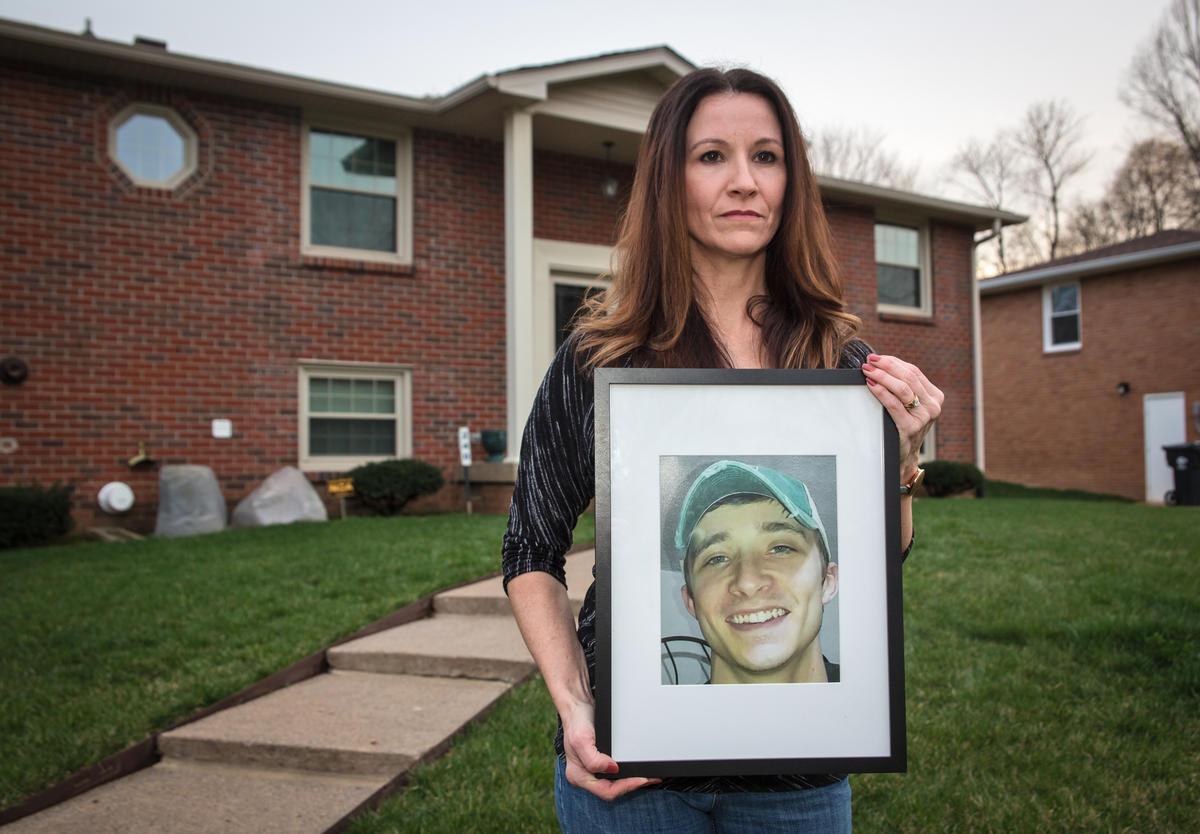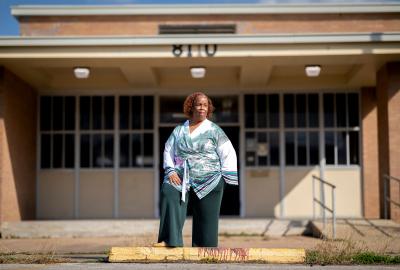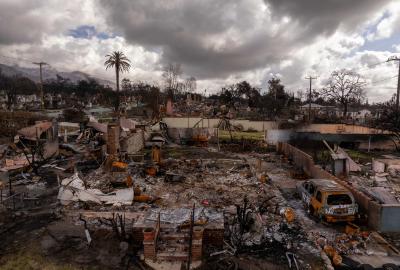Families celebrate EPA ban on killer paint stripper chemical
Wendy Hartley had just gotten off a plane in Dallas, Texas, when she broke down in tears.
“I turned my cell phone on and saw that I had a voicemail from Michal Freedhoff,” Hartley says.

Freedhoff is America’s top chemicals regulator. Chosen by President Biden to improve the way the federal government protects the public from dangerous chemicals, she was calling Hartley personally to let her know that the Environmental Protection Agency would ban most uses of methylene chloride, the chemical that had claimed the life of Hartley’s 21-year-old son, Kevin, seven years ago.
As she listened to it, tears streamed down her cheeks.
“I just couldn’t believe that someone listened to me. My voice. Kevin’s story,” Hartley says, her voice breaking. “Someone actually listened, and now others won’t have to go through what we went through.”
A devastating loss
In 2017, Kevin Hartley was refinishing a bathtub at work using a paint stripper containing methylene chloride when the fumes overcame him, sending him into cardiac arrest. He was found slumped over the tub and later died at the hospital.
Environmental news that matters, straight to your inbox
Methylene chloride has been used to strip paint and clean metal for decades, even though experts have long called for it to be banned due to its toxicity.
“Methylene chloride is a highly toxic chemical,” says Environmental Defense Fund’s Lindsay McCormick, an expert in chemical safety. “Not only can long-term exposure cause cancer, but high levels can depress the central nervous system and result in death, often in a matter of minutes.”
There are dozens of documented deaths associated with methylene chloride. In high concentrations, it robs the brain of oxygen. Methylene chloride paint strippers were taken off store shelves and out of workplaces across Europe at the end of 2010 due to this risk but remained available in the U.S. for years.
EDF experts have been supporting the advocacy of families who had lost loved ones to this deadly chemical, including the Hartleys, with the aim of banning its use altogether to protect American workers and families.
“I had never done any political advocacy before Kevin died,” Hartley says. “So, I felt like a fish out of water, but EDF guided me along and helped me.”
On April 30, that advocacy paid off when the Environmental Protection Agency finalized a rule allowing only “critical” uses of methylene chloride to continue — all consumer uses and most commercial uses will be phased out over the next two years.
A life-saving legacy
“There are still so many workers who use paint strippers every day,” Hartley says. “I’m just relieved that, finally, there’s a rule to protect them so others won’t have to go through what my family went through.”
When she talks about her son, Kevin, Hartley is quick to point out how much he loved to help others. And that, at the time of his passing, he was an organ donor.
“Kevin saved four lives as an organ donor,” Hartley says. She’s even met the recipients of his heart and lungs. “And now he continues to save more lives with his story. That’s his legacy.”


